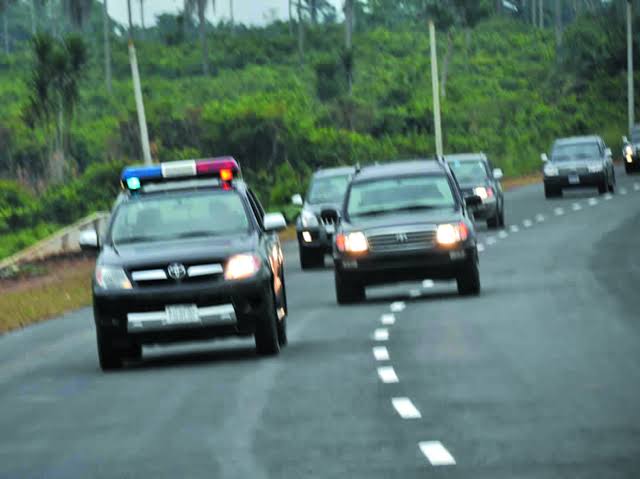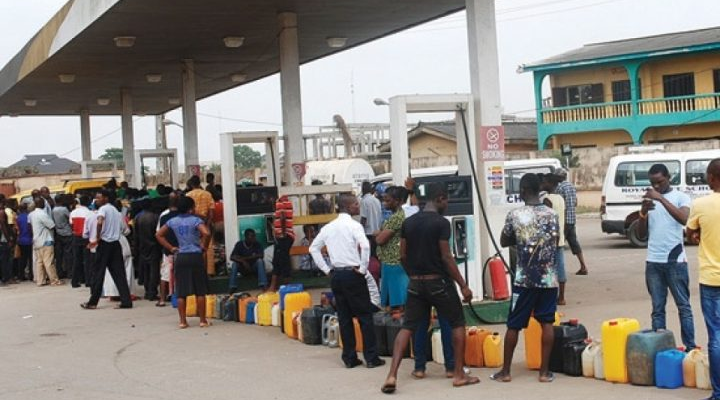VOICE AIR MEDIA News Update
With the hike in fuel price here to stay, car owners across the country would have to find ways to survive despite the increased cost.
Whether to work, a drive to purchase groceries at the mall, pick up a partner or attend religious meetings, conserving fuel while on these journeys has now become pertinent.
To ensure, as a car owner, you save on fuel; here are 9 ways to go about it:
Avoid Idling
The fact is today’s engines are highly fuel-consuming, hence; the need, according to Automotive Fleet, for drivers to turn off engines when idle with their cars. Idling for more than 10 seconds uses more fuel and emits more CO2 than restarting an engine. So when next you are pulling off the road to make a sales call, running into a complex to drop off a package, or warming up a vehicle’s interior before driving, ensure you are putting off your engine.
Also, according to Environmental Defense Fund, it is healthier and helps the environment to stop idling when driving. It makes the air healthier by cutting down on hazardous pollution in your town or community. It also helps the environment because for every 10 minutes your engine is off, you’ll prevent one pound of carbon dioxide from being released (carbon dioxide is the primary contributor to global warming).
Keep tyres pumped up
Tyres that are underinflated have a higher rolling resistance on the road. This means that with every kilometre travelled, your tyres generate more friction and rolling resistance, hence, will increase fuel consumption. It is important at this period, you get your tyres properly pumped.
Antwerpen Toyota reveals that keeping them inflated means fewer trips to the gas station and more money in your bank account. Reduced toxic emissions – Low tyre pressure puts a strain on your engine because it has to use more power than it should. This results in a higher level of environmentally unfriendly emissions.
Drive with AC
Driving with the windows down at speeds faster than 80km/h causes a lot of wind resistance, and costs you a lot more fuel, according to Mobil. In this instance, it’s simply more fuel efficient to drive with the AC on.
Buttressing this Fuel Economy said, “Driving with your windows down can also reduce fuel economy. Open windows increase aerodynamic drag (wind resistance), making your vehicle use more energy to push through the air. This effect is quite small at low speeds but increases at highway speeds.”
Tighten Up Preventive Maintenance
Improper maintenance has the potential to decrease your vehicle performance and in consequence, bear on fuel consumption. It is important you keep an eye on failing oxygen sensors, dirty or clogged air filters, bad spark plugs, bad fuel injectors, and defective coolant sensors or engine thermostats.
Unaligned wheels that fight each other will also waste fuel. Putting fleet vehicles on tighter lube, oil, and filter replacement schedules allows technicians to spot these issues before they mushroom.
Drive responsibly over 50 miles per hour
Each vehicle reaches optimal fuel economy at different speeds, yet Miles Per Gallon (MPG) generally decreases rapidly when travelling above 50 mph.
Minimize Aggressive Driving
Hard cornering and braking, weaving in and out of traffic don’t shave much time off trips and instead wear out components such as brakes and tires faster.
Aggressive driving can lower fuel economy by 15% to 30% at highway speeds and 10% to 40% in stop-and-go traffic, according to the EPA
Cruise in top gear
According to Mobil, if you’re driving an automatic car, make use of cruise control to keep your speed constant. And if you’re driving a manual car, maintain a higher gear when appropriate. In each of these instances, your engines go through less revolutions per minute (RPM) and will reduce your fuel consumption.
Lose the weight in your boot
For those with a habit of keeping everything and anything in the boot, in addition to emergency spares, think twice when loading up next time. Every extra 50kg your car puts on increases fuel consumption by 2%.
Avoid braking aggressively
Slamming on the brakes increases fuel consumption as you need to accelerate again later. This is especially true if you follow too closely behind the vehicle in front of you. (Vanguard)







